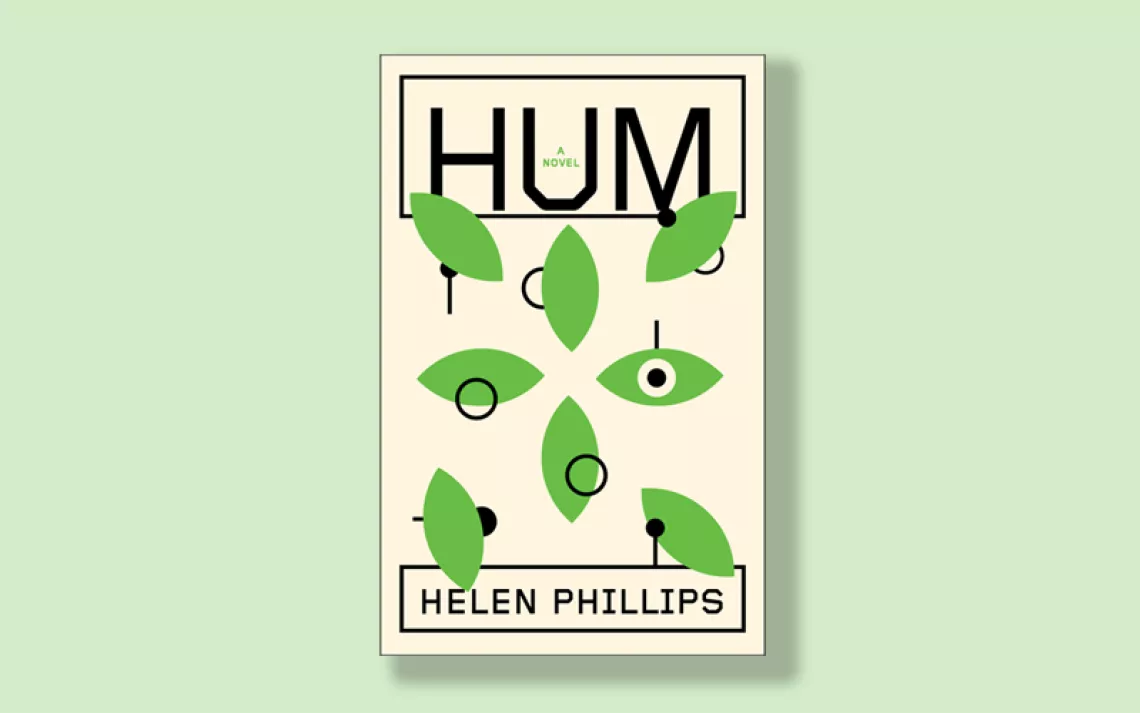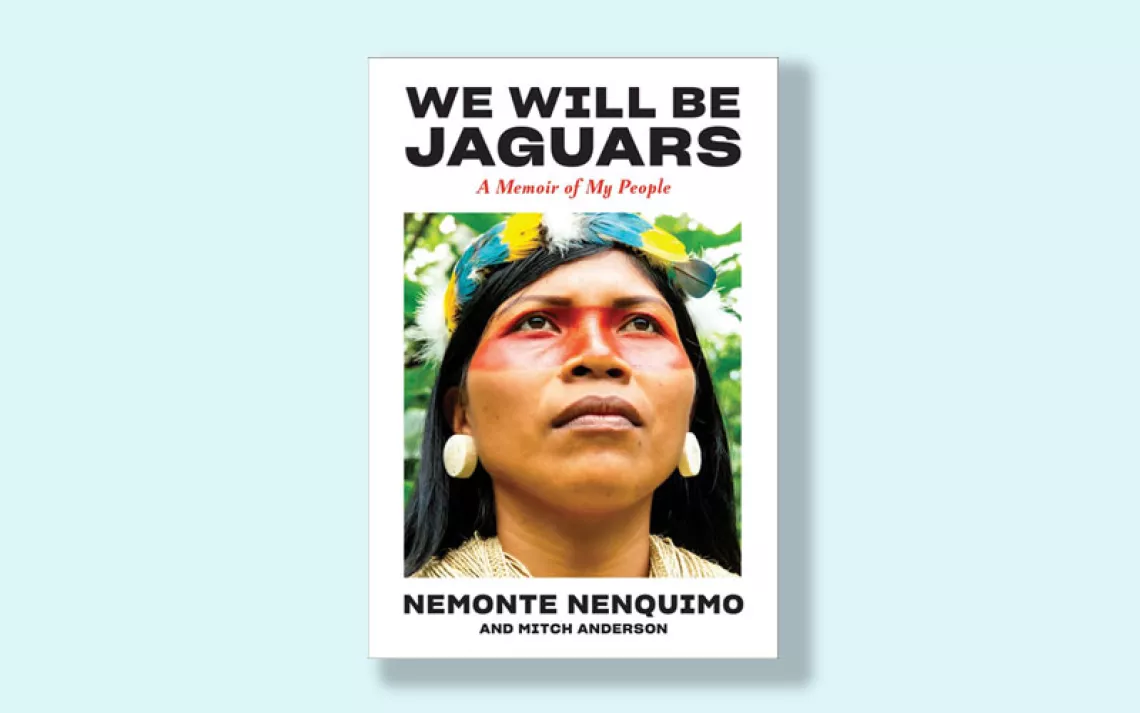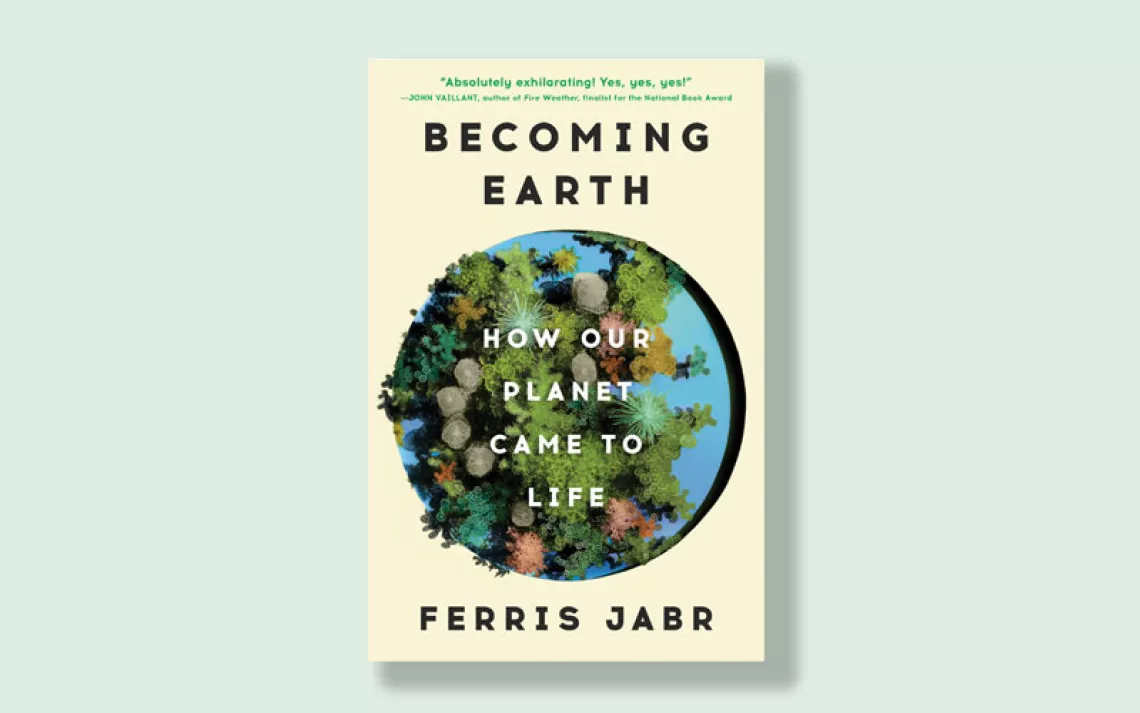Amitav Ghosh Meets His Own Demand for Cli-Fi With “Gun Island”
The Indian novelist’s latest plays with weather, mythology, and possibility

In 2016, Indian author Amitav Ghosh took the literary world to task for paying insufficient attention to the most pressing issue of our time. In The Great Derangement, he argued that the consequences of global heating are so extreme that modern fiction must address the existential threats of sea level rise, extreme weather, and mass migration. He also issued a challenge to novelists—to focus less on the interior lives of their characters and more on how climate change directly impacts the lives of everyone on the planet.
 With his new novel, Gun Island (out this month from Farrar, Straus & Giroux), the author of the Ibis Trilogy, The Hungry Tide, and The Calcutta Chromosome, among many other books, indeed mixes modern science with ancient legend, spanning continents and cultures to reveal potential effects of climate change. In fostering an urgency that may yet be met with action, Ghosh (pictured, right) constructs an intricate narrative of people, animals, technology, and folklore.
With his new novel, Gun Island (out this month from Farrar, Straus & Giroux), the author of the Ibis Trilogy, The Hungry Tide, and The Calcutta Chromosome, among many other books, indeed mixes modern science with ancient legend, spanning continents and cultures to reveal potential effects of climate change. In fostering an urgency that may yet be met with action, Ghosh (pictured, right) constructs an intricate narrative of people, animals, technology, and folklore.
Middle-aged rare books dealer Deet “Dino” Datta plies his trade between New York City and his birthplace, Kolkata, seeking the antiquities that will keep his business afloat. On a trip to India, he is reunited with an elderly relative who urges him to visit an ancient temple in the mangrove swamps of the Sundarbans, where the Ganges, Brahmaputra, and Meghna Rivers meet in the Bay of Bengal.
The trip is Deet's introduction to Bonduki Sadagar, the Gun Merchant. A figure out of Bengali folklore, Sadagar is remembered for building a temple in the Sundarbans. Ghosh writes, “The Gun Merchant was said to have been a rich trader who had angered Manasa Devi (the Hindu goddess of snakes) by refusing to become her devotee. Plagued by snakes and pursued by droughts, famines, storms, and other calamities, he had fled overseas to escape the goddess's wrath, finally taking refuge in a land where there were no serpents, a place called 'Gun Island.'”
On the way to the temple, Datta acquaints himself with two young men: Rafi, a tech-savvy fisherman, and Tipu, an Americanized enterprising entrepreneur. When the group reaches Gun Island, they discover that it is far from snake-proof. Tipu is bitten by a cobra and thereafter seems to experience prophetic visions.
As Datta travels between India, California, and Venice, he encounters signs and portents of climate change and migration in every location. In Los Angeles, he attends a lecture about the 17th century as a period of severe climate disruption, which conjures up another link to his family's past.
Datta says, “(A reference to the Taj Mahal) took my mind back to India, and it occurred to me that the temples of Bishnupur were built at about the same time as the Taj. This in turn reminded me of the Gun Merchant’s shrine . . . and I suddenly recalled the droughts, famines, storms and plagues that played so large a part in the legend. Was it possible that the legend was born of the tribulations of the Little Ice Age?”
As Gun Island progresses, Ghosh seems to make the case that Datta is himself part of an ancient story, following in the footsteps of the Gun Merchant, the snake goddess, and other mythical figures. Sometimes the connections seem tenuous, but often they are elegant and compelling.
Throughout, Ghosh encourages his readers to consider other forms of human existence when dealing with climate. The book makes a point of transporting the reader into the realm of the fantastic, a counterpoint to the realities of survival in a warming environment.
At one point, a character says, “You mustn’t underestimate the power of stories. There is something in them that is elemental and inexplicable. Haven’t you heard it said that what makes us human, what separates us from animals, is the faculty of storytelling? But what if the truth were even stranger? What if it were the other way around? What if the faculty of storytelling were not specifically human but rather the last remnant of our animal selves?”
If Ghosh set out to fulfill his own prescription for grappling with issues of climate change in his fiction, Gun Island certainly showcases his efforts. Weird weather—in the form of droughts, firestorms, and cyclones—appears suddenly, unexpectedly, and seemingly out of nowhere. Animals swarm to new territories as they adjust to drastically changing circumstances and pose threats to themselves and humans.
People everywhere are on the move, displaced by economic and environmental pressure. The novel confronts Europe's refugee crisis, using Tipu’s and Rafi's journey from Bangladesh to Italy to convey the xenophobia opposing them. The story reaches its climax in a confrontation between refugees and the Italian military, again mixing both the fantastic and the mundane.
Gun Island brims with such intriguing ideas—to the point that they sometimes threaten to overflow into confusion. But Ghosh keeps enough control of the narrative's jumps in time and place to keep readers engaged. There's no denying the passion he brings to scenes of the natural world, or the foreboding with which he imbues episodes of humans in touch with the uncanny.
If Gun Island has a significant limitation, it’s Datta. His first-person narrative voice has barely enough sad-sack charm to hold the reader's attention for the book’s 300+ pages. Things happen to and around him, but rarely does he take charge of his own predicament. He's not in control of his actions but merely reacting to a bizarre situation.
The supporting cast is often charming, but Ghosh too often lets them dump information and disappear, rather than stay and reveal the complexity through their personalities. It’s fine if Ghosh doesn't want to mire Datta in unnecessary introspection, but the supporting cast would benefit from further insight into their motivations.
For all the disruptions that climate change causes, Ghosh and his characters don't lose sight of the joy to be found in the world. Having been shown the possibility of a new existence, Datta says, “At that moment I felt that I was surrounded by all that was best about our world—the wide-open sea, the horizon, the bright moonlight, leaping dolphins, and also the outpouring of hope, goodness, love, charity, and generosity that I could feel surging around me.”
Indeed, Gun Island acknowledges that there might still be hope for a better tomorrow. Ghosh writes, “The possibility of our deliverance lies not in the future but in the past, in a mystery beyond memory.”
Whether we live in Kolkata or Manhattan, disaster seems only a step away. But so might be salvation. Serious, playful, stylish, and eventful, Gun Island suggests that climate change is indeed suitable material for literary fiction. The book ends on a mysterious note, but that is just as it should be.
 The Magazine of The Sierra Club
The Magazine of The Sierra Club



